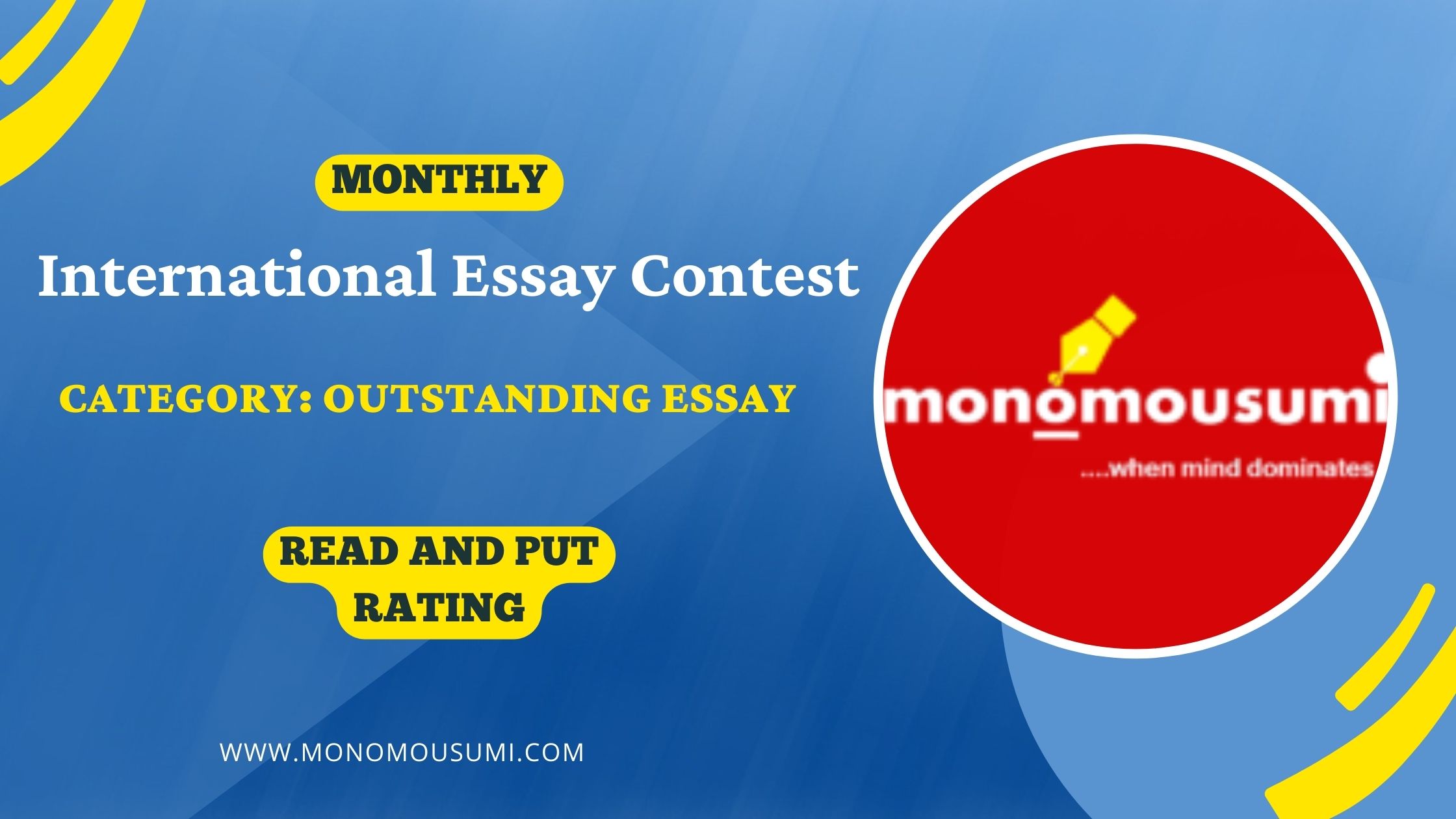
Frogs
Outstanding writing abilities and some prior experience producing essays of various lengths are the essential requirements for employment in the field of essay editing. Although having experience in a related industry, such as journalism or English, might be beneficial, most essay editors employ exams to screen applicants and assess essays solely on their merits.
Editors frequently operate with little direction and may be required to make independent choices. This degree of independence can be quite satisfying for the proper person. It takes discipline, but many freelance editors appreciate the opportunity to work from home, set their own schedules, and select their own projects. From 2020 to 2030, the employment of editors is expected to expand by 5%, which is less than the average for all occupations. Over the next ten years, there will, on average, be 11,200 openings for editors, notwithstanding the modest expansion in employment. In the US, there are now thought to be 127,400 editors. Between 2016 and 2026, the editor employment market is anticipated to contract by -1.4%.
Professional proofreaders do not require any additional training or credentials, however the majority have a bachelor’s degree in a subject like English, Journalism, or Communications. You can pursue studies in various areas, particularly if you wish to focus on scholarly or technical topics.
A career as a book editor can be of interest to you if you enjoy both writing and reading. If you choose to pursue this career route, you can select from a few various sorts of book editing roles, all of which need finishing comparable educational and professional requirements. In this post, we go through the many kinds of book editors and the procedures you might follow to become one.
Reviewing author submissions, book editors work with authors to enhance the style, voice, mechanics, and structure of the material. Editors frequently work with authors who have already been published or who have contracts with a publishing house for several volumes. In other instances, editors analyse manuscripts with the help of assistants to decide which have the best chance of being published.
Editors who have been appointed particularly to review novels at various phases of creation can be found in many publishing houses. Line editors consider how logically and clearly authors construct their information while evaluating submissions. A writer adopts the perspective of the book’s intended reader and poses questions about the work’s structure in order to strengthen their argument, story, or presentation of research.
The line editor informs the author of any errors or issues so they can be fixed, if necessary. Some line editors start by making style sheets to improve a book’s format. You can get relatively quick training through online courses from organisations like the American Copy Editing Society to help you understand the interaction between editors and actual clients. For finishing comparable online learning courses, some universities award editing certifications. Having these qualifications can strengthen your application, whether you’re looking for freelancing or salaried work.
If you are not familiar with book editing software, look into other computer tools that you might find useful to learn. Prospective book editors typically build a portfolio of lesser projects before editing full novels or nonfiction books. Since entry-level book editing positions are frequently competitive, think about building a portfolio with a variety of editorial projects. You may create a personal website to establish an online presence, promote your qualifications, and then look for freelancing employment. Additionally, you might offer to alter other texts.
For instance, nonprofit organisations frequently look for volunteers to review their text-based messages and resources. A more common path for careers in book editing is the apprenticeship model, when assistants help a more seasoned book editor who may mentor them in both their new position and the broader publishing process. Many publishers anticipate that you will invest at least a few years in learning the process by which books are turned from unwritten concepts or unfinished manuscripts to finished works. At academic, literary, and trade presses as well as publishing houses, you can look for editorial assistant positions. Additionally, you can search for positions on websites devoted to editing and writing or general job search engines.
Once you have some industry experience, think about what type of book editor you want to be and your area of interest. Publishing houses often specialize in certain types of books, such as cookbooks, children’s books or fiction. Try to work on projects that reflect your interests to better position yourself for a full editor position.
By: PRATUSHYA CHAKRABORTY
Write and Win: Participate in Creative writing Contest & International Essay Contest and win fabulous prizes.
Essay Title of the Month
- How to write an essay fast
- what is Essay Bot
- How to write good Review Essay
- How to write a 5 page essay
- How to write an interpretive essay
- How to write dialogue in an essay
- When revising an informative essay it is important to consider……….(what to be considered)
- Women empowerment essay
- How to get essay editing jobs and how lucrative it is?
- Essay vs Research paper
- The best way to grading an essay
- How to plan an essay writing/contest
- How to write marketing essay/ graphic essay/ technical essay/Opinion essay/informal essay/interpretive essay/photography essay/character essay (one paragraph each for these type of essay)
- Participants should write the essay in easy to understand language with deep research on a selected topic. The essay should be written in the participant’s own language with interesting facts.
- How to focus on writing an essay
- How to write creative writing essays
- What is essay proofreading service
- How to write a cover page for an essay
- What are the best font for essays
- How to start an essay agency and providing essay editing jobs


